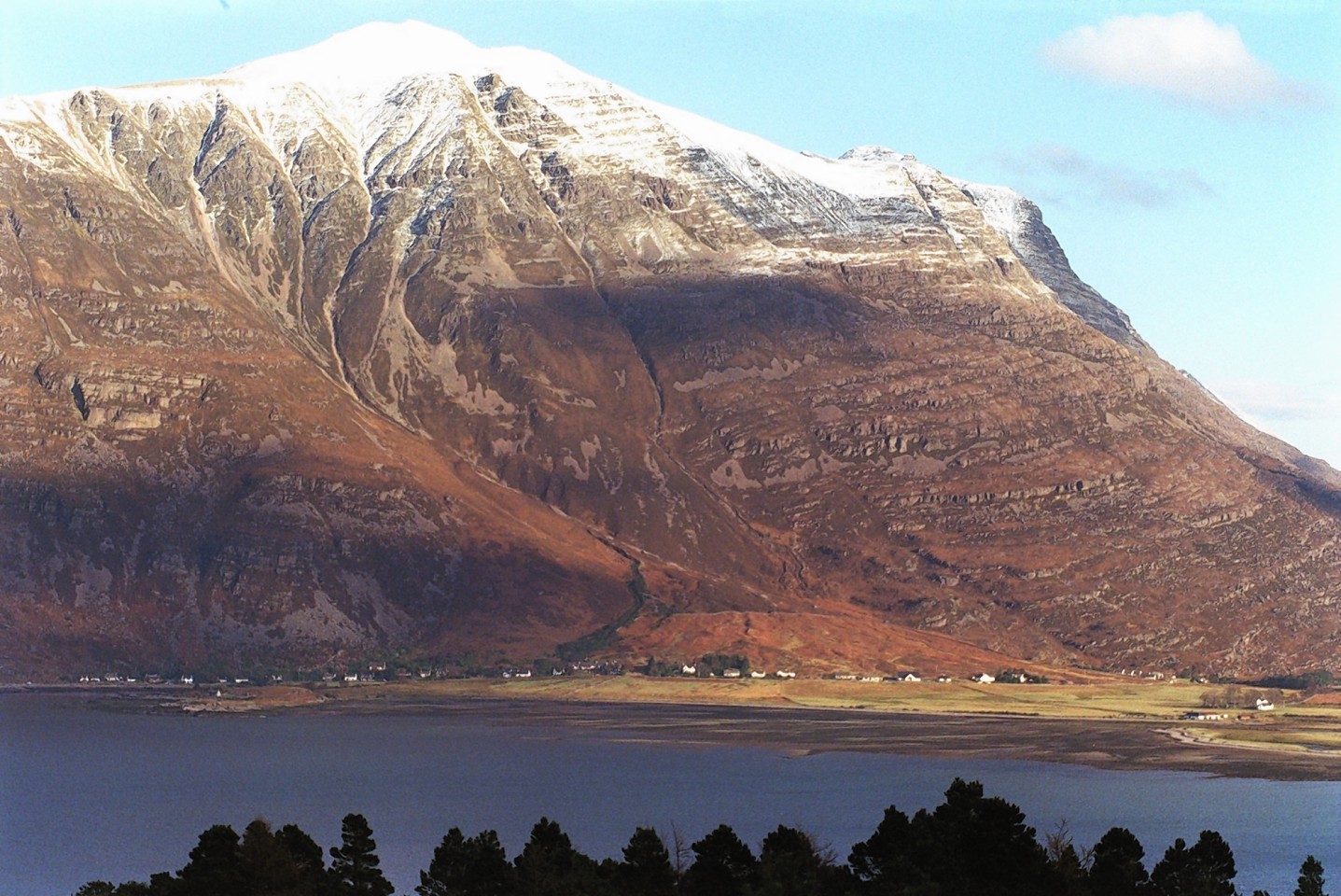Creating national parks would help rejuvenate fragile rural areas in the Highlands and Islands, according to campaigners.
The Scottish Campaign for National Parks (SCNP) and the Association for the Protection of Rural Scotland (APRS) said millions of pounds in extra revenue could be generated by new parks in places like Harris or Wester Ross.
Joint research by the two groups highlighted the success in boosting tourism and other rural industries that national parks have provided around the world.
It showed that new national parks in countries such as Norway and New Zealand help stem rural depopulation and provide a range of welcome job opportunities.
APRS director John Mayhew said: “National parks have traditionally been recognised as a good way of managing nationally significant landscapes, but this report brings sharply into focus the ways in which national park designation can help to transform the economies of fragile rural areas.
“It should act as a wake-up call to the Scottish Government to think more proactively about the potential of national parks in helping to tackle the issues facing many of Scotland’s more scenic and remote rural areas.”
The report said in the United States every $1 (67p) spent in the national park service returned $10 (£6.70) to the US economy from spending in gateway communities.
In New Zealand the Fiordland National Park boosted regional economic output by $196million (£101million) in 2005 while in Norway a study of the Nord Gudbrandsdalen National Park revealed that 40% of foreign tourist expenditure was explained by its status.
The report said the remoter Hebridean islands and the far north and west of Scotland could benefit from a growth in their visitor numbers and a larger tourism economy.
“New national parks in these areas could be a key to that growth,” it said.
SCNP chairman Ross Anderson said: “There is compelling evidence from other countries that national parks stimulate much-needed economic activity to help sustain remoter rural areas. We urge the Scottish Government to sit up and take notice of our findings.”
